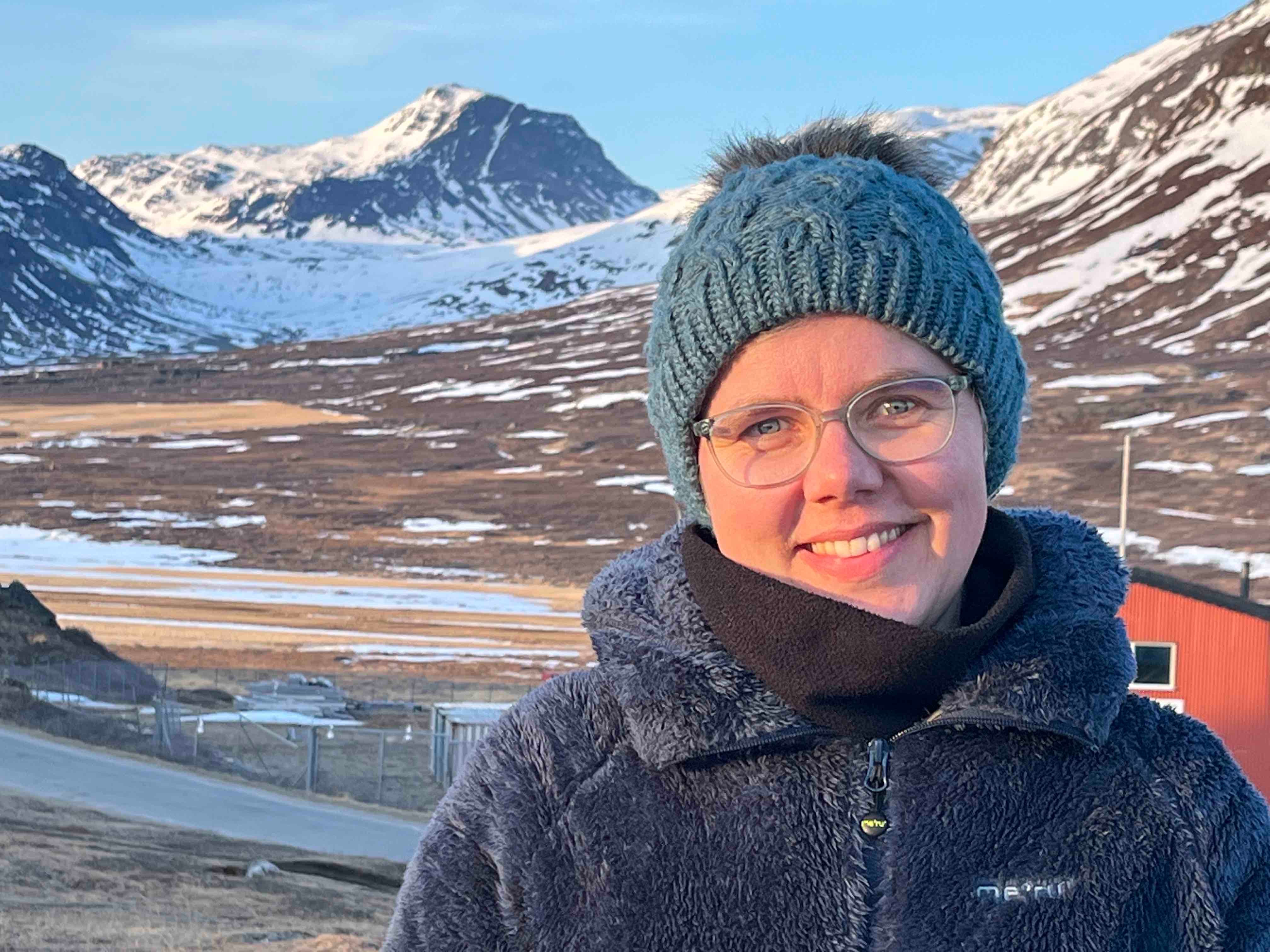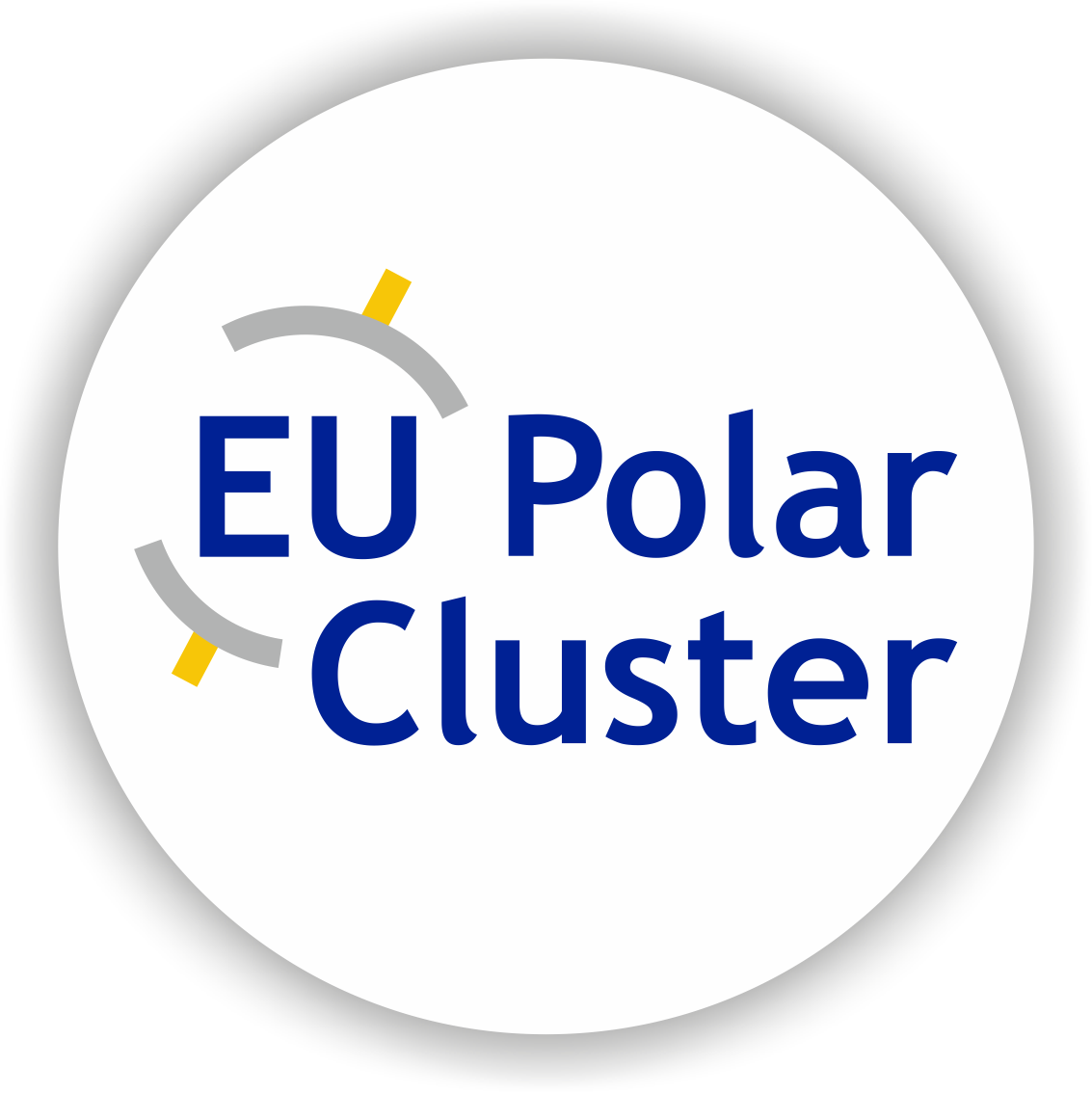I have a background in cultural geography and work at the Faculty of Humanities at the University of Oulu. With over 15 years of experience collaborating with First Nations, Inuit, and Sami communities, I have been involved in projects on human-environment interactions, community-based monitoring, and biocultural conservation.
I am excited to be part of ICEBERG because of its interdisciplinary nature: bridging participatory, social, natural, and health sciences with technology and the arts. I appreciate our project’s commitment to diverse knowledge systems—Indigenous, Western, and local—to strengthen community and ecosystem resilience in Greenland, Iceland, and Svalbard.
What drives me is also our focus on sustainable, long-term solutions to marine pollution in the Arctic that are technically sound, locally relevant, and socially just.




